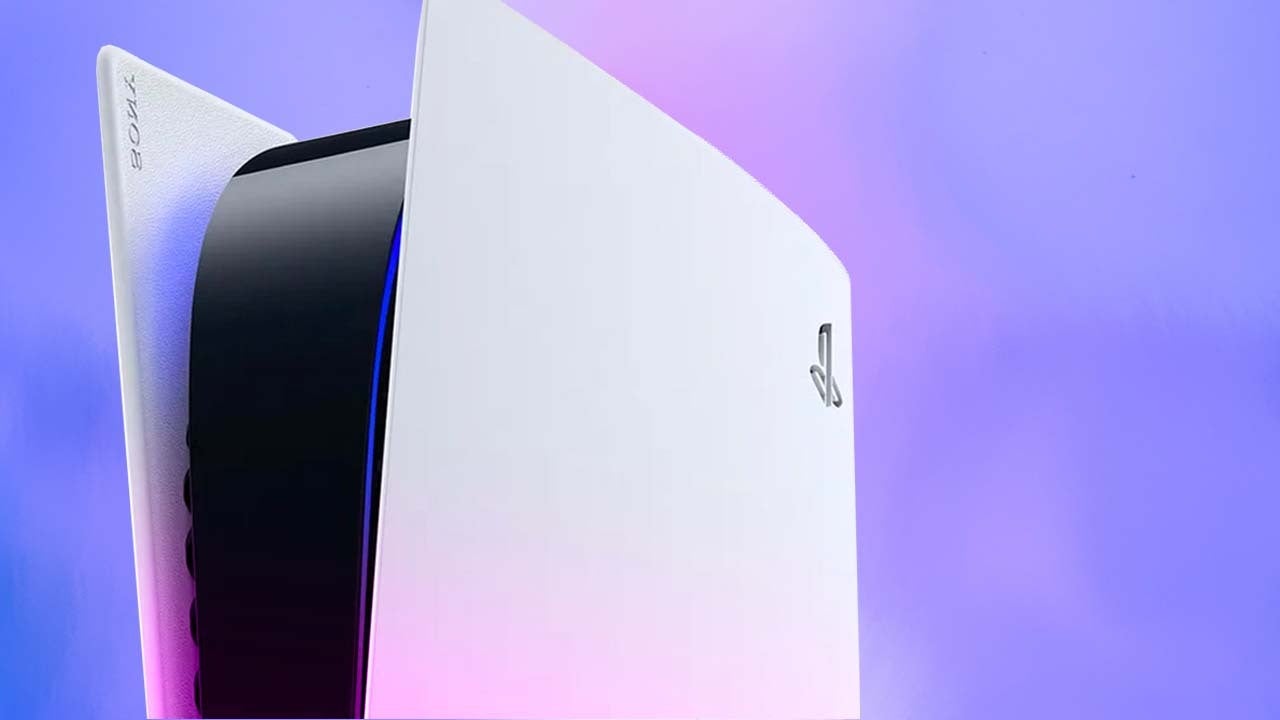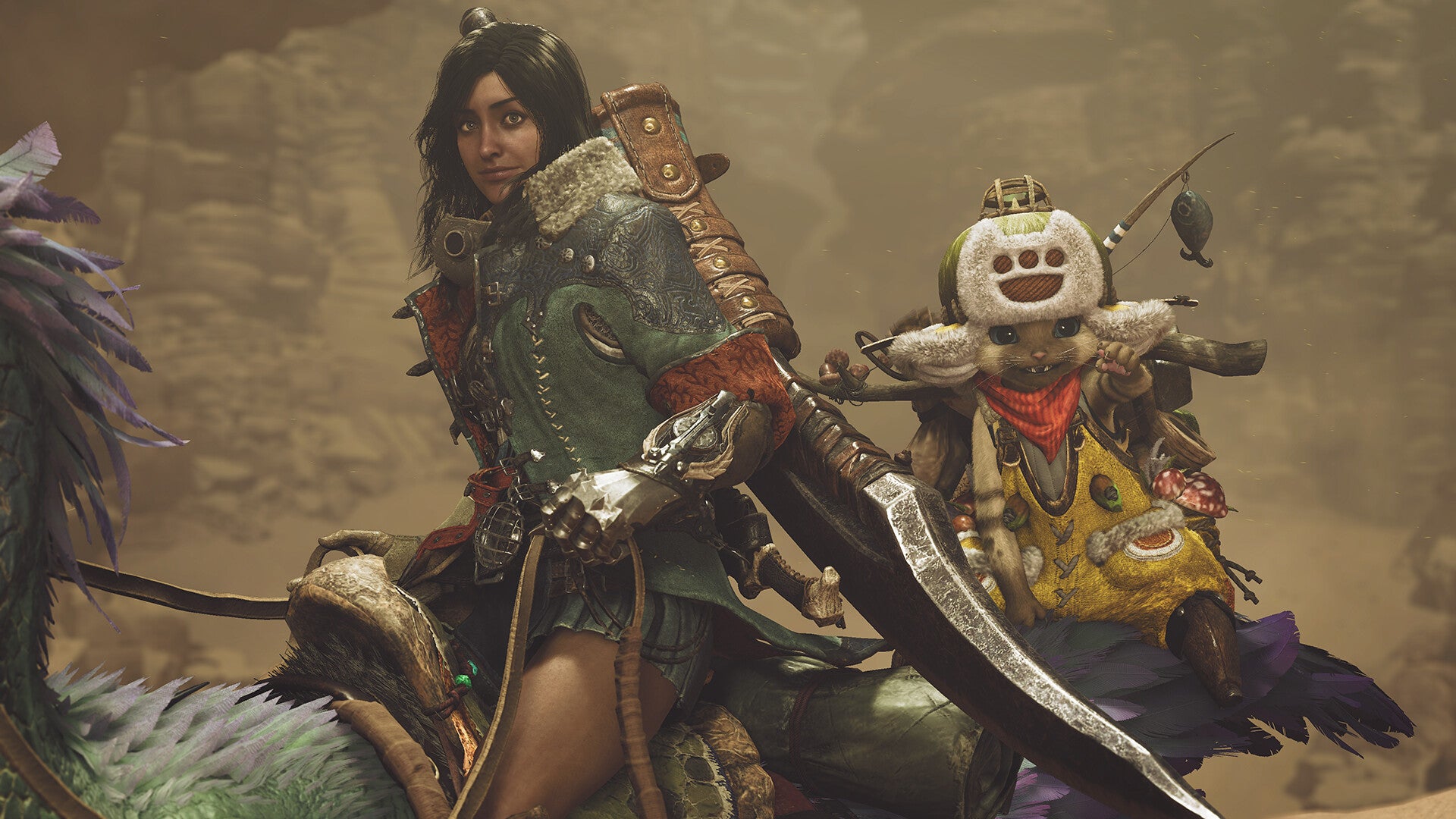Osamu Tezuka’s pioneering manga Astro Boy has endured over 60 years, captivating generations of fans and influencing numerous careers, including that of Naoki Urasawa. In the early 2000s, coming off his classic manga Monster, Urasawa came up with the idea for Pluto, reimagining the Astro Boy story arc “The Greatest Robot on Earth” as a murder mystery. Pluto focuses on a robot detective named Gesicht, who is trying to uncover the truth behind a string of murders targeting both robots and humans. While Pluto’s themes have been thoroughly explored in countless other works of science fiction, Netflix’s new anime adaptation gives them a fresh spin to Urasawa’s masterful execution.
Stories about artificial intelligence often assign humanity a virtuous trait that separates humans from robots, such as understanding love or making emotional connections. Pluto begins with that barrier already broken in the traditional sense. Robots can successfully emulate most positive human emotions, like excitement and hope. It’s even common for Pluto’s robots to get married. In this world, artificial and organic beings are separated by their flaws. While humans can commit murder as a result of their extreme emotions, robots are assumed to operate with cold, rational precision.
This supposed divide is embodied by the two leads: Gesicht and Atom. Gesicht is a robot detective equipped with the ability to instantly analyze any crime scene. Atom is a child-sized robot who can process things quickly, but exhibits far more human traits like distractibility and curiosity. (He’s a variation on Tezuka’s Astro Boy, going by the character’s original name.) The two characters play off each other quite well when they share scenes: Atom’s cutting-edge “flaws” push Gesicht to expand his notions of what robots can achieve. They make a great visual complement to one another, too. Despite Gesicht’s mature exterior – receding hairline, towering height – Atom is the advanced machine. It’s a subtle play on how much adults can learn by listening to children.
There’s never any question if robots like Gesicht and Atom deserve legal recognition – they’re full citizens, allowing Pluto to center their internal struggles. When characters express prejudice against robots, they’re framed as extremist outliers. The human-robot binary is entirely self-inflicted. Robots constantly express feelings that should be considered “flawed” like grief and longing, and these emotions are written off by both human and robot characters as bugs, rather than features. This allows the series to explore how social groups such as robots are dehumanized by assumptions and repeated sentiments.
Much of the focus is placed on a conflict called the 39th Central Asia War – a thinly veiled metaphor for the Iraq War. During this conflict, powerful robots including Gesicht were forced to slaughter innocent enemy robot citizens. Guilt-ridden, Gesicht and his fellow combatants regularly note how the blood from the war never disappears. This is another masterful play from Urasawa, who deftly contrasts characters describing robots as heartless to the robots agonizing over their heartfelt remorse.
Some of Pluto’s most damning scenes juxtapose the robots’ atrocities with their present-day activities. In Pluto’s first episode, we meet a gentle robot veteran named North No. 2, who works as a butler to a blind Hollywood composer and hopes to learn how to play piano from him. Shortly after North’s introduction, he’s shown mowing down hundreds of enemy robots in an instant – a flashback that plays out in complete silence. It’s brutal, and doesn’t jibe with North's cool, calm present-day demeanor, leaving the audience to reckon with the dissonance.
Although Pluto’s initial episodes frame it as a whodunnit, it has no interest in honoring that premise. The killer is intentionally obscured for the first half of the series, creating the sense that everyone on screen is a suspect. This is a problem, though, because the killer’s identity doesn’t feel like a mystery. When we finally learn who they are, it’s not a reveal so much as an extension of a character, and the multiple episodes spent puzzling out their crimes feel wasted. Pluto isn’t a show where characters try to mislead the audience, and there’s no reason to pretend it is for numerous episodes.






